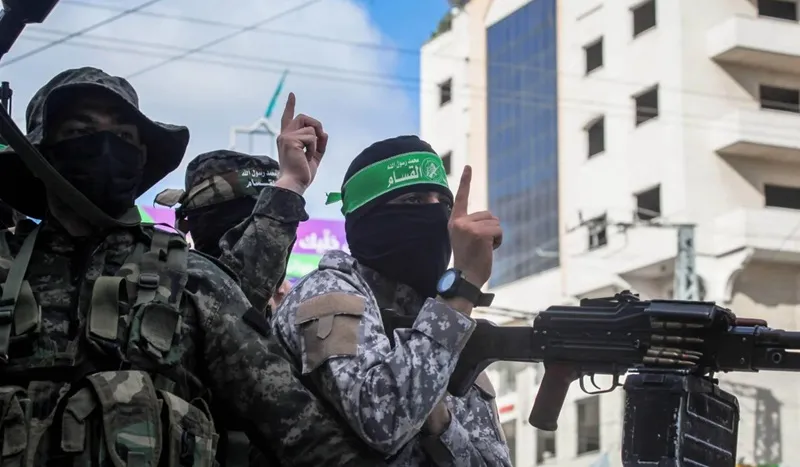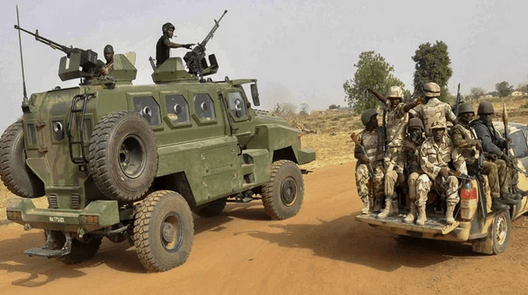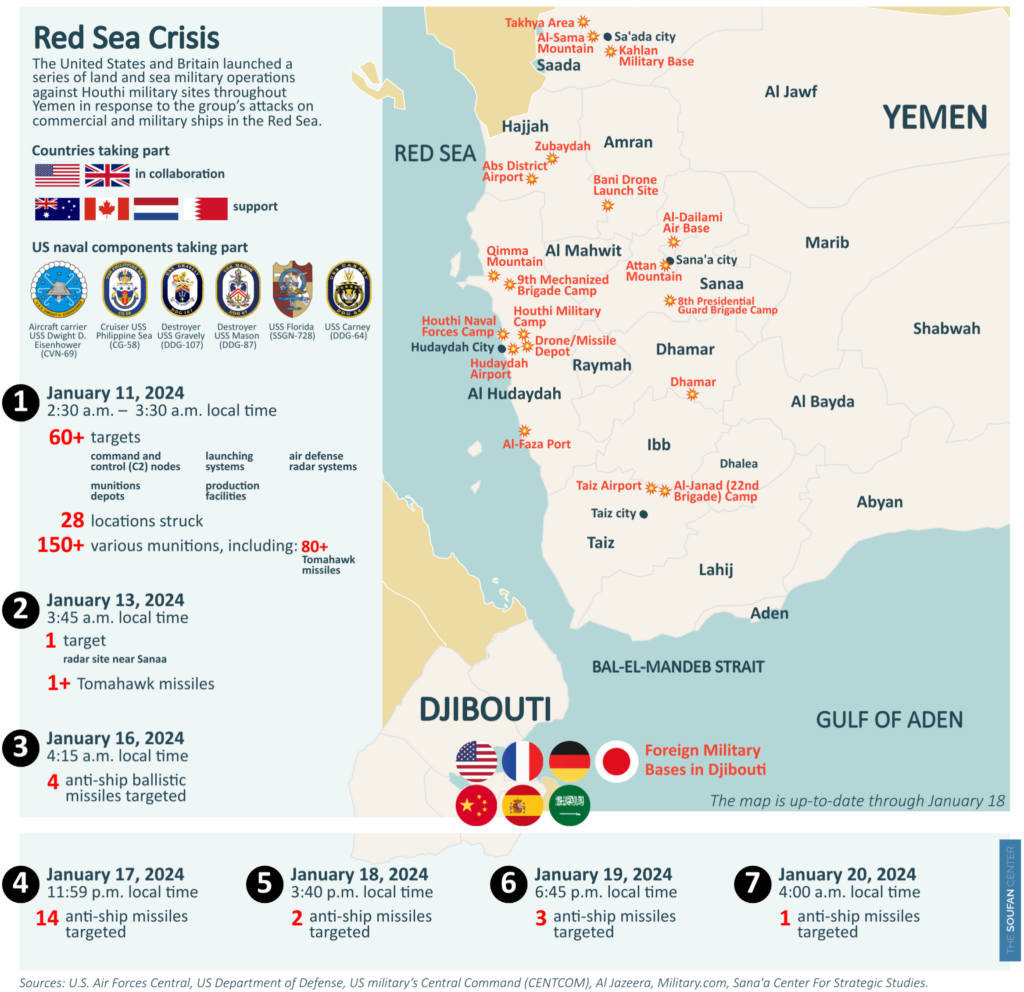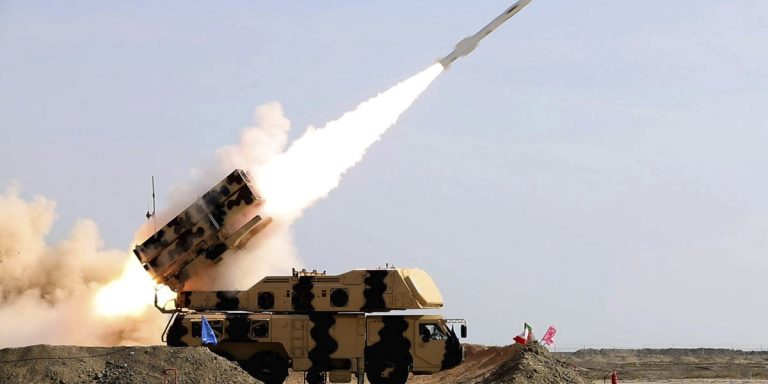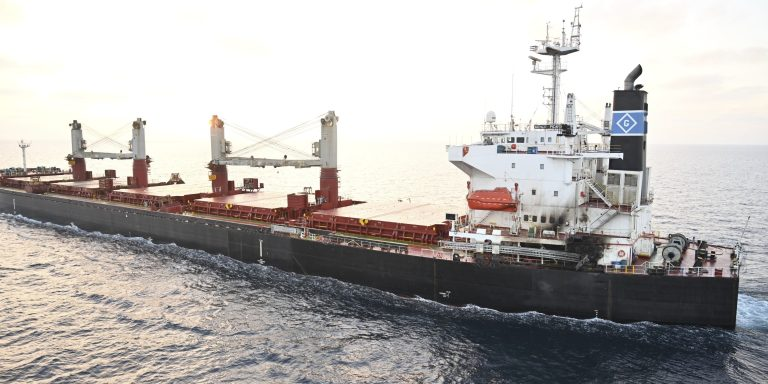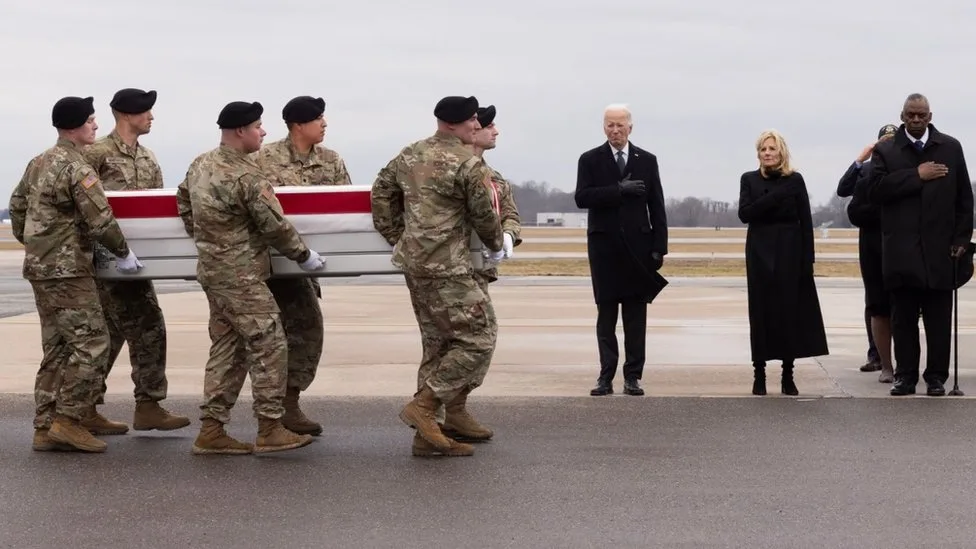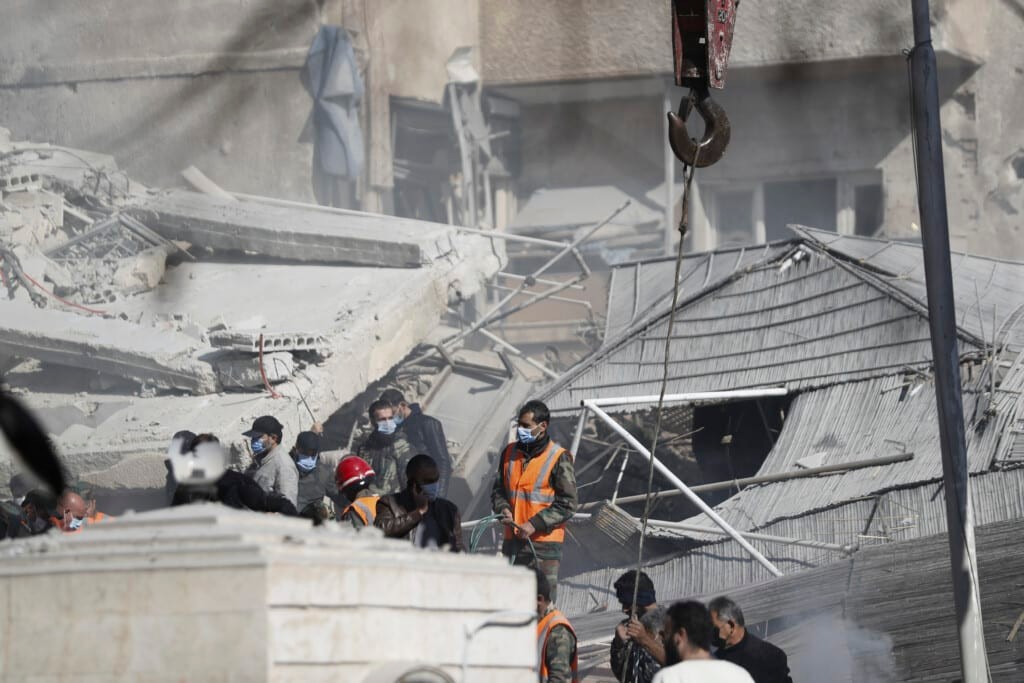La CIA recueille des informations sur le Hamas pour Israël
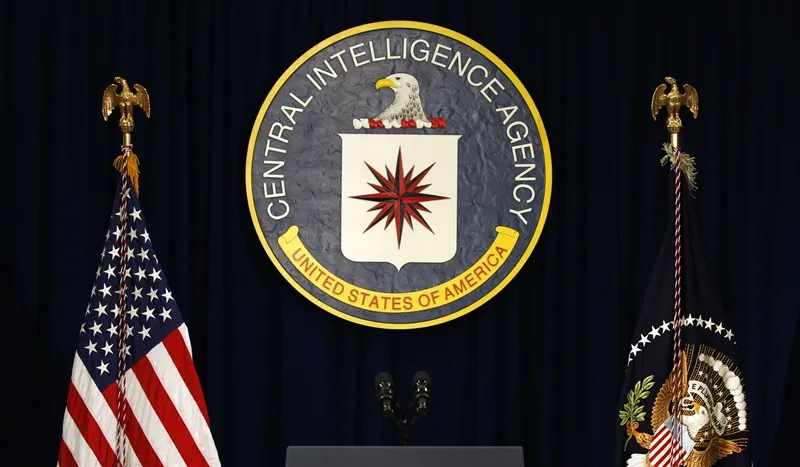
La Centrale Intelligence Agence (CIA) américaine soutient les efforts israéliens visant à recueillir des renseignements sur les principaux responsables du parti politique palestinien et du mouvement Hamas, ont indiqué récemment des responsables américains anonymes qui se sont entretenus avec le New York Times. Ces responsables ont à leur tour été successivement ciblés pour être assassinés par les forces israéliennes.

